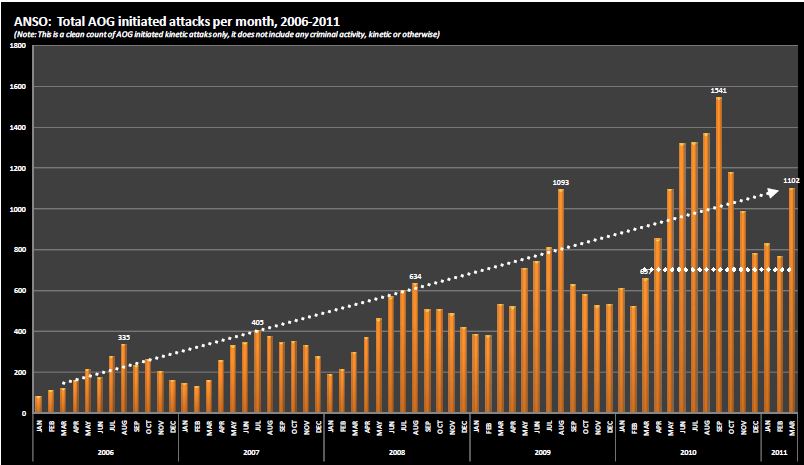Pakistan’s Parliament Calls For End to Drones, Covert Agents in New Guidelines for US Relationship
In a key step toward the re-opening of NATO supply lines, the Parliamentary Committee on National Security presented a new set of guidelines for the relationship between the United States and Pakistan that was passed unanimously by Pakistan’s Parliament as a four page resolution. The New York Times brings us the highlights of the resolution:
In a rare show of unity, the government and opposition joined on Thursday to present the United States with a list of stringent demands, including an immediate end to C.I.A. drone strikes, that were cast in uncompromising words but could pave the way for a reopening of NATO supply lines through the country.
After two and a half weeks of contentious negotiations, the main parties agreed on a four-page parliamentary resolution that, in addition to the drone demand, called on the Obama administration to apologize for American airstrikes in November that killed 24 Pakistani soldiers. It declared that “no overt or covert operations inside Pakistan shall be permitted” — a broad reference that could be interpreted to include all C.I.A. operations.
Of course, despite the strong need to re-open supply lines that have been closed since November, the US already is saying that ending drone strikes entirely is out of the question:
Even though the US is willing to address Pakistan’s concerns on certain issues, it is highly unlikely that the Obama administration would revisit its CIA-piloted drone campaign in the tribal regions, an American diplomat, requesting anonymity, told The Express Tribune.
“The US can accommodate Pakistan’s concerns by reviewing the mechanism under which the drones operate but it is not possible at this stage that the entire campaign is brought to a halt,” he maintained.
Now that Parliament has had its say, the process moves to the government establishing the final policy. It will be very interesting to see how the government proceeds on this issue, since it has on one hand an extremely rare unanimous move by Parliament and on the other a complete refusal of the primary demand by the US. Clearly the US is hoping that a change to how drones operate in Pakistan will be acceptable, but the government will risk a strong backlash in Parliament if it is seen to not uphold the spirit of the PCNS guidelines.
More details on the guidelines come from Dawn:
The 14-point recommendations presented by PCNS chairman Senator Raza Rabbani, say that US footprint in Pakistan must be reviewed. This would mean an immediate cessation of drone attacks inside Pakistan cessation of infiltration into Pakistani territory on any pretext including hot pursuit.
Pakistani territory including its air space shall not be used for transportation of arms and ammunition to the Nato forces in Afghanistan.
The recommendations also say that Pakistan’s nuclear program and assets including its safety and security cannot be compromised. Read more →

